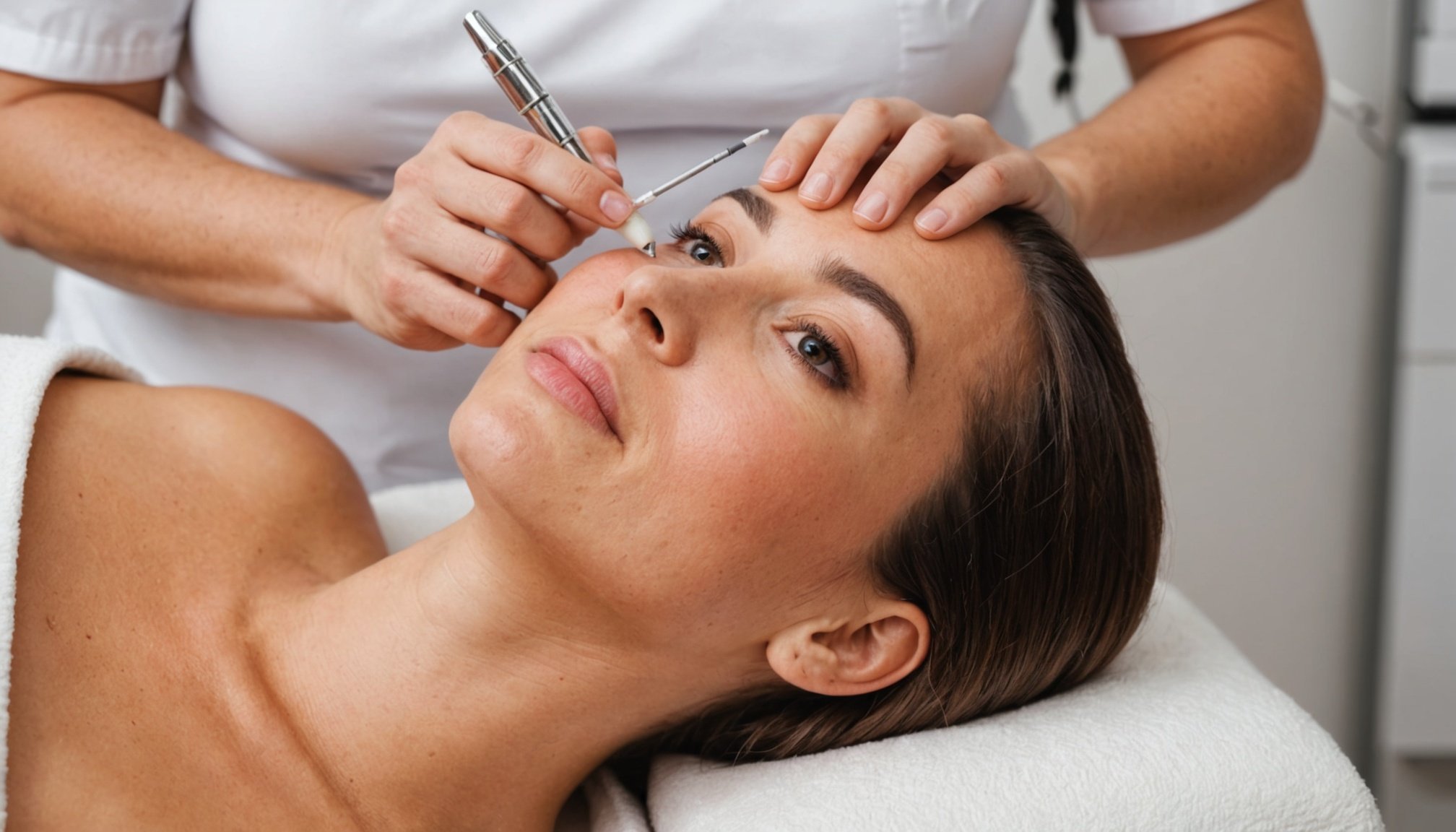Understanding Pregnancy and Cosmetic Treatments
Navigating pregnancy safety amidst the allure of cosmetic treatments can be daunting for expectant mothers. During pregnancy, hormonal changes ensue, leading some to seek procedures to enhance their well-being. Common treatments include hair colouring, skin care routines, and spa therapies. However, it’s imperative to consider the risks associated with cosmetic procedures during this sensitive period.
In the UK, understanding local regulations is crucial when you’re contemplating cosmetic treatments. The UK’s stringent guidelines help ensure pregnancy safety during these interventions. It’s essential for practitioners to adhere to these rules, safeguarding both maternal and fetal health.
Also read : Unlocking brilliance: the impact of prenatal classical music on cognitive growth in recent uk studies
Despite their popularity, some cosmetic treatments come with potential side effects. Procedures such as botox and chemical peels could pose risks; thus, expectant mothers ought to choose evidence-backed alternatives that align with credible pregnancy safety benchmarks. Non-invasive options like prenatal massages or specialised skincare products might serve as safer alternatives.
Undoubtedly, informed decisions can alleviate concerns. Consulting healthcare professionals adept in maternity and dermatology provides invaluable guidance. This proactive approach ensures expectant mothers receive the reassurance they need to embrace cosmetic treatments safely during pregnancy.
Have you seen this : Transforming maternal health: a deep dive into the uk”s nutritional education strategies for expecting mothers
UK Regulations on Cosmetic Treatments during Pregnancy
Navigating the realm of pregnancy safety while exploring cosmetic options is essential. The UK boasts comprehensive regulations governing cosmetic procedures to ensure the health and well-being of expectant mothers.
Legal Framework
The legal guidelines in the UK, crafted by health authorities, delineate clear standards for cosmetic treatments during pregnancy. Practitioners must adhere strictly to these rules to safeguard both maternal and fetal health. Ensuring compliance protects clients from potential harm, embedding a layer of trust and professionalism within the industry.
Approved and Banned Treatments
During pregnancy, certain cosmetic treatments are deemed safe, while others are outright contraindicated. Treatments like prenatal massages and selected skincare products are typically approved, offering benefits without undue risk. Conversely, procedures involving chemicals or injectables might be restricted, given the potential implications for fetal development. It is paramount to consult experts to ascertain permissible options.
Risks Assessment and Recommendations
Potential side effects and risks associated with cosmetic procedures during pregnancy underscore the importance of informed choices. Common risks include skin irritation or allergic reactions, necessitating expert-driven recommendations. Obstetricians and dermatologists advocate for evidence-based practices, ensuring decisions align with the highest pregnancy safety standards. By understanding these facets, expectant mothers can make choices aligned with their health priorities.
Evidence-Based Information on Safety
Evidence-based safety is paramount when considering cosmetic treatments during pregnancy. Research studies consistently highlight the need for caution, emphasising treatments that are scientifically proven to be safe. These studies often examine the physiological effects of various procedures on both maternal health and fetal development. For instance, non-invasive treatments like certain skincare applications are frequently supported by evidence, indicating minimal risk.
Testimonials from mothers who have undergone cosmetic treatments during pregnancy further underscore the significance of evidence-based safety. These personal accounts often reveal a preference for procedures that align with professional recommendations, emphasising the comfort and reassurance found in informed decisions. Mothers typically advocate for treatments that do not compromise maternal health, reinforcing the value of professional guidance.
Consulting professionals remains a critical step before undertaking cosmetic treatments. Experts in maternity-related fields possess the necessary expertise to navigate the complexities of treatment safety during pregnancy. They can offer personalised advice based on the latest research, ensuring that chosen procedures maintain the highest standards of pregnancy safety. By integrating expert consultation with evidence-based insights, expectant mothers can confidently approach cosmetic treatments, safeguarding both their well-being and that of their unborn child.
Expert Recommendations and Best Practices
Navigating cosmetic treatments during pregnancy requires informed decisions and adherence to expert recommendations. Before choosing any treatment, consulting professionals who specialise in both maternity care and cosmetic procedures is crucial. These specialists provide personalised advice that not only aligns with pregnancy safety but also considers individual health factors. Such consultations ensure that chosen treatments are grounded in best practices, reducing potential risks.
Consulting Professionals
Selecting qualified practitioners can make a significant difference. It’s important to opt for those who have a proven track record in dealing with pregnant clients. Prenatal consultations with certified experts offer insights into what treatments are safe, ensuring minimal risk to both maternal and fetal health. Trusted resources, such as medical associations and healthcare directories, can aid in finding experienced cosmetic practitioners.
Safe Cosmetic Practices
Prioritising safe treatment options is crucial. Opt for non-invasive procedures that experts deem suitable. Alternatives to potentially high-risk procedures, like chemical peels, are advisable. Emphasising open communication with healthcare providers about your preferences and concerns is vital. This collaborative approach fosters a safe and supportive environment for expectant mothers exploring cosmetic options.











